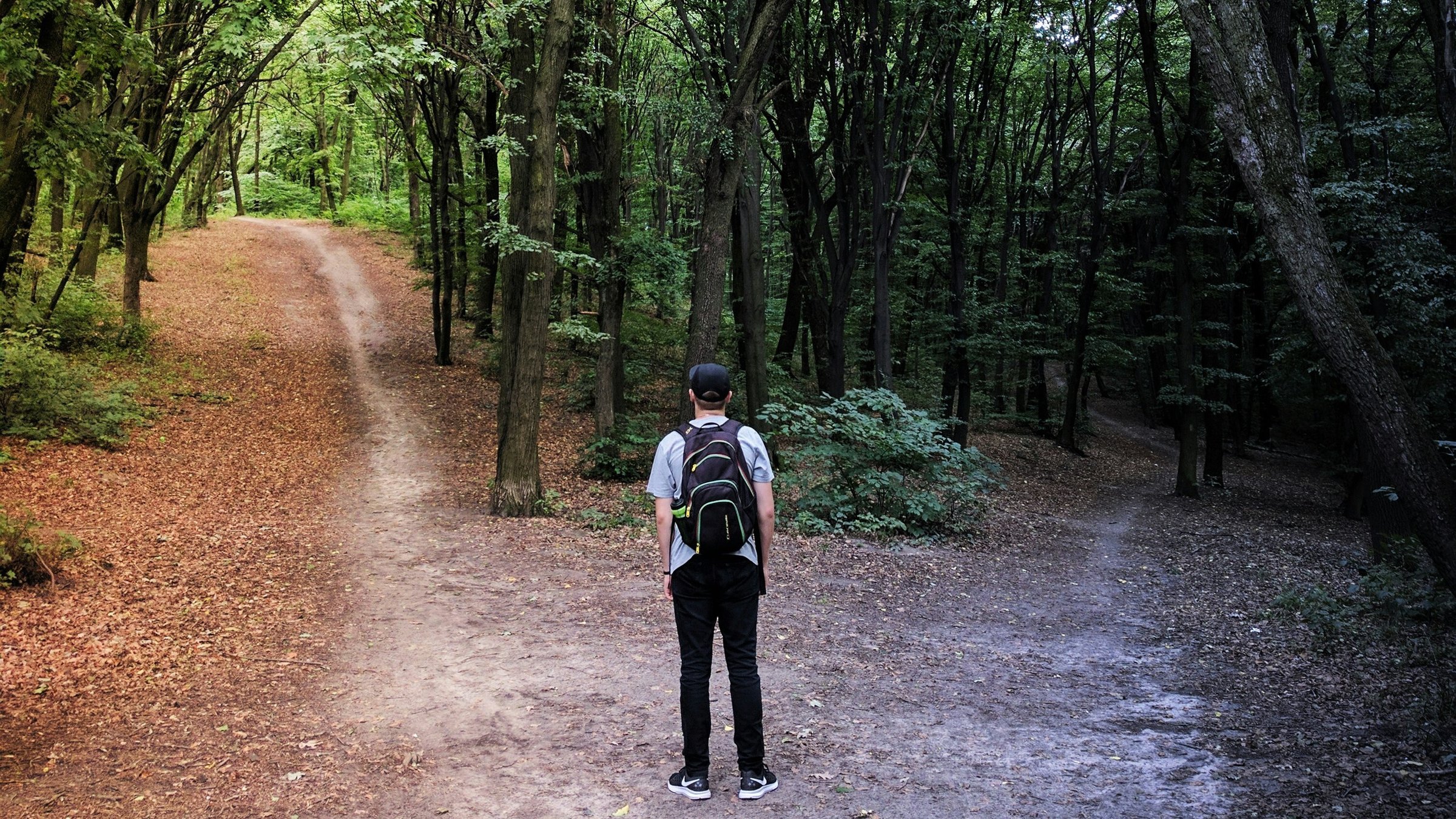I’ve come to the conclusion that the older I get, the less I like change. Although I’ve tried hard not to be, it appears I’ve become "that guy;" the one I promised myself “I would never become.” The problem is, as my kids get older, their lives change — college expenses, car expenses, and Lord help me, boyfriends, come into the picture. My life has become an unrelenting pool of change.
A character from my wife’s favorite sitcom, "The Golden Girls," said it best when she quipped, “It’s difficult to be the parent of a child with their own free will.” Perhaps I could go further with that. It’s difficult to be a teacher of a student with free will. And I imagine, it’s difficult to be the priest of parishioners with free will.
Something I’ve come to realize as I’ve gotten older is that God continues to be faithful to me even when I’m undeserving of it. I’m a slight bit embarrassed it’s taken me so long to realize that. God’s love for me is not dependent on how I use the free will He’s given me. And although our sins do carry consequences, one of those consequences is not God "throwing in the towel" on our lives.
I’ve engaged in numerous discussions with my students over the years about the concepts of heaven, hell, and God’s judgement — the "final things." And what I’ve come to realize, through the help of spiritual advisers wiser than me, is that God truly respects our freedom. So, why do I have such a difficult time when my own kids or students exercise theirs?
Maybe it’s because I've witnessed the consequences of sin so readily in my former career as a police officer. Or, if I’m being honest, maybe, at times, I’m concerned with how their decisions will make me look, as a parent. Perhaps it’s a little of both.
When I speak of these “difficulties,” maybe “frustration” is the better word. Sometimes my wife and I find ourselves asking, “Why doesn’t our daughter, away at college, call us more often?” or, “Why can’t our kids work as hard as we did when we were their age?“ or, “Why won’t my students just turn in their work all the time?” Easy questions to ask until I remember I didn’t do most of those all the time, either.
To be sure, I’m blessed to have two great, faithful, loving and respectful daughters. My wife and I truly have no complaints. They make good decisions … most of the time. I need that reminder when, one day, they won’t. And one of the best reminders, as a parent, or teacher, is humility.
“Humility is first, second, and third in the Christian life,” St. Augustine reminds us. He is one of my favorite saints, largely because he was never afraid to show his humanity. His willingness to be so transparent speaks to that humility. “Make me pure, Lord. But not yet.” When I begrudge my own children’s free-will usage, I should ask myself: Am I upset because they’re making bad decisions, or because they’re not making the decisions I have “blue-printed” for them to make?
I recall a close family friend who, years ago, adopted a young teenage boy from the inner city. When this child turned 18, he got sent to prison over a crime he’d committed. This family friend, a good man, visited his son regularly in prison, until one day, a disagreement occurred, and his son no longer wanted to speak to him. It was a painful episode for this family friend. This friend sought out advice from a wise priest about the pain he’d been experiencing over this sudden rejection. The wise priest offered his advice: “That’s great news.” How could it be "great news," our friend wondered? “Because now you understand how God feels regularly with us.”
I got choked up when I heard that story. And it moves me each time I recall it. Our children, our students, have all been bestowed with a great gift: the ability to use their free will. For us, with that comes a risk. But that’s just the downside. To ignore the rest would be remiss, because the rewards are exponential when they love us, respond to us, or express that they’ve been “touched” somehow in the classroom.
Please, someone, remind me of that the next time my kids’ or students’ decisions don’t match up with my “design” for them. And please, Lord, help them realize that decisions, especially sinful ones, do have consequences, but that You’ll love them amidst those consequences, and so will we.
Paul Stuligross is a retired police officer. He currently teaches theology at Detroit Catholic Central High School in Novi.












